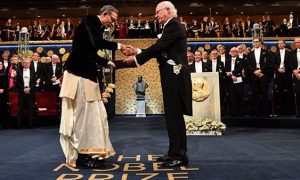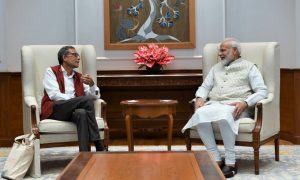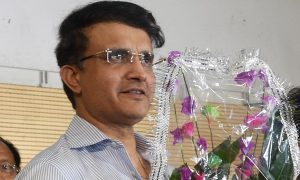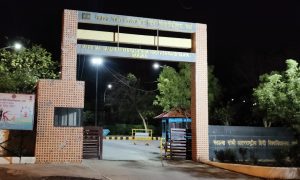Indian-American Abhijit Banerjee, who has jointly won the 2019 Nobel Economics Prize with his wife Esther Duflo and Harvard’s Michael Kremer, said on Monday it was wonderful to be given the honour, which belonged to the entire movement for global poverty alleviation.
The trio has worked together in the field to revolutionise developmental economics by pioneering experiments that generate practical insights into how the poor respond to educational, health care and other programmes.
Speaking at the Massachusetts Institute of Technology after the announcement of the award, Banerjee said: “It’s wonderful to get this prize. The prize is not for us, but for the entire movement [poverty alleviation]. It’s a movement that we happened to be at the beginning of…”
“The prize is going to be wonderful for the movement… because I think it’s going to make it a little easier to penetrate the many doors that were half-open to us or not quite open to us…,” the 58-year-old Nobel laureate said at the news briefing that was also attended by fellow Nobel winner and his wife, Duflo. The two are professors at the institute.
Duflo said that when the phone rang to inform them about the Nobel Prize, she answered and was told it was an important call from Sweden. “Well, since you’ve now woken me up, go ahead” was her response, Duflo said.
Bannerjee said the Nobel committee asked about getting one of them on a conference call, but “they said they wanted a woman, and I didn’t qualify” — so he went back to bed. There was laughter and applause at the gathering after Banerjee’s remark.
He was born in Kolkata and studied economics at the Presidency College of the University of Calcutta before going to the Jawaharlal Nehru University, and Harvard University, where he received his PhD in 1988. Banerjee is currently the Ford Foundation International Professor of Economics at the Massachusetts Institute of Technology.
At the news briefing, he also spoke about the state of the Indian economy, saying it was “doing very badly” even as the government was increasingly recognising that there was a problem.
Banerjee, who wore a light-colored Nehru jacket, answered one question in Bengali, in response to a request from the questioner, and Duflo, who is of French origin, switched to her mother-tongue for a few questions.
“The economy is doing very badly in my view,” Banerjee said. He cited a dip in data of average consumption in urban and rural India between 2014-15 and 2017-18 to add “that’s the first time such has a thing has happened in many, many, many, many years”. “That’s a glaring warning sign,” he added.
He also weighed in on the ongoing controversy — an “enormous fight”, as he called it — in India over which data and numbers to rely on as indicators of the health of the economy.
He, however, said the Indian government was aware of the problem with the economy that is “slowing very, very fast”.
The Nobel laureate said thought he did not “exactly” know what the Indian government could do deal with the slowing economy, he cited a “large deficit”.
With “the economy going into a tailspin,” he said — first in Bengali and then English— this is the time when “you don’t worry so much about monetary stability and you worry a little bit more about the demand… right now, demand is a huge problem in the economy’. Asked how it felt to join other Nobel winners from Kolkata, the professor said: “I assume they were all much more distinguished than me.”
Duflo, who is only the second woman to receive the Nobel for economics and the youngest across all the categories and genders, said she took the call about the prize first and then she handed the phone over to Banerjee, who, she added, went back to sleep after the call. She showered, dressed and went out to address the news briefing.
Banerjee and Duflo founded the Abdul Latif Jameel Poverty Action Lab (J-PAL) at MIT with Sendhil Mullainathan in 2003, and Banerjee remains one of the lab’s directors.




























 WhatsApp us
WhatsApp us